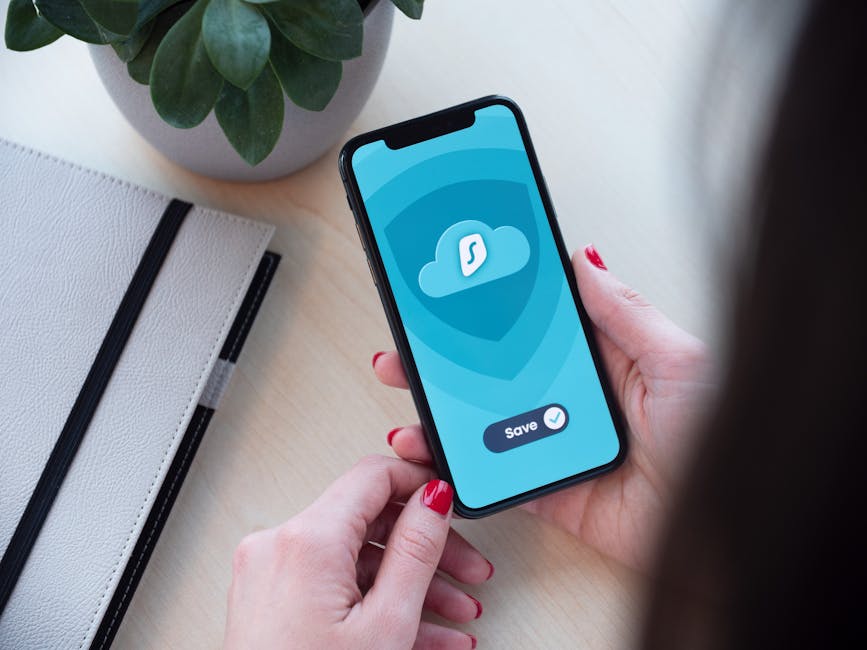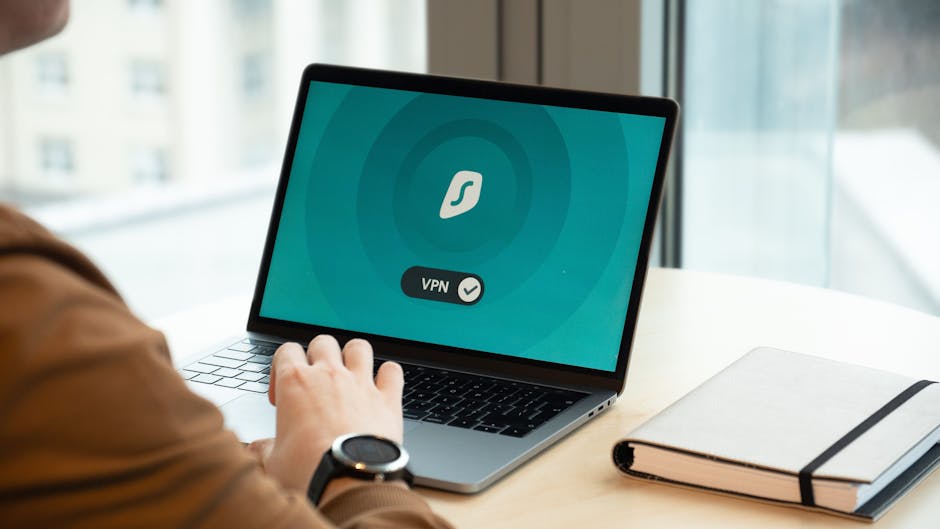Understanding VPN Transparency: Risks and Security Concerns in the Digital Age

The Growing Relevance of VPNs in a Censorship-Driven World

Pexels
Virtual Private Networks (VPNs) have become an indispensable tool for ensuring online privacy and bypassing increasing global censorship. In an era where government surveillance is on the rise, particularly in authoritarian regimes, millions rely on VPNs to secure their connections and protect their identities on public WiFi. However, choosing the right VPN provider is far more complex than it appears. Transparency, ownership, and ethical practices are becoming significant factors for users to consider, as they directly impact the level of privacy and trust they can expect from these services.
While VPNs provide a layer of protection, they are not without implications. Users effectively shift their trust from their Internet Service Provider (ISP) to the VPN provider, granting them access to sensitive data. But is the provider truly reliable? The trade-offs between transparency and anonymity leave users grappling with tough choices. A transparent provider offers clarity but can become a target for subpoenas or cyberattacks, whereas an anonymous provider shields itself from scrutiny, raising worries about potential misuse of user data.
Hidden Ownership and Severe Security Risks with Free VPNs

Pexels
A recent study revealed startling information about the operations of popular VPN apps, unmasking a web of hidden ownership that undermines their users’ safety. Researchers, including Benjamin Mixon-Baca and academics from Bowdoin College and Arizona State University, analyzed 32 VPN apps on the Google Play Store with over a billion downloads. The findings indicated that several providers deliberately obscure their ownership and operational practices—posing critical risks to privacy, especially for users in highly censored countries like India, Pakistan, and Saudi Arabia.
Two clusters of VPN providers were found to be especially troubling. The first group, involving companies such as INNOVATIVE CONNECTING LIMITED, has links to the Chinese cybersecurity firm Qihoo 360, raising alarm due to China’s invasive privacy laws. These providers share code and infrastructure, indicating deeper connections. The second group, although not explicitly tied to Qihoo 360, operates similarly, using shared infrastructure and exhibiting questionable practices. Their lack of transparency creates an environment ripe for exploitation by state actors and cybercriminals.
The Ethical Dilemma: Transparency vs. Anonymity

Pexels
Transparency and anonymity in the VPN industry are more than just buzzwords—they are fundamental to the informed decision-making of users. Transparent VPN providers are a double-edged sword for users; while their operations are evident, they remain susceptible to subpoenas or cyberattacks. Conversely, anonymous providers protect themselves from legal targeting but leave users in the dark about the security of their data.
Platforms that offer free VPN services, such as TurboVPN and VPN Proxy Master, often monetize their operations by exploiting user data—a practice that goes against the very principle of privacy that VPNs are supposed to uphold. Many of these providers obscure their links to countries with poor track records on digital privacy, such as China, which significantly heightens the risks for individuals in sensitive regions. Without sufficient transparency, users inadvertently hand over their personal data to entities they would otherwise avoid.
How to Choose a Safe and Reliable VPN Provider

Pexels
With over 700 million users potentially exposed to vulnerabilities, making informed VPN choices has never been more critical. Users must scrutinize the provider’s ownership details, development practices, and privacy policies before trusting them with sensitive data. Paid VPN services often offer higher accountability and security, ensuring providers are less likely to rely on unethical practices to sustain their operations.
For those in politically sensitive regions where expressing opinions can lead to persecution, opting for a transparent yet secure VPN provider tailored to their specific needs is essential. While free VPNs can seem appealing, their hidden costs via personal data misuse and greater vulnerability to surveillance make paid alternatives worth the investment. By emphasizing accountability and transparency, users can take control of their online privacy and minimize their exposure to unethical and potentially dangerous services.







